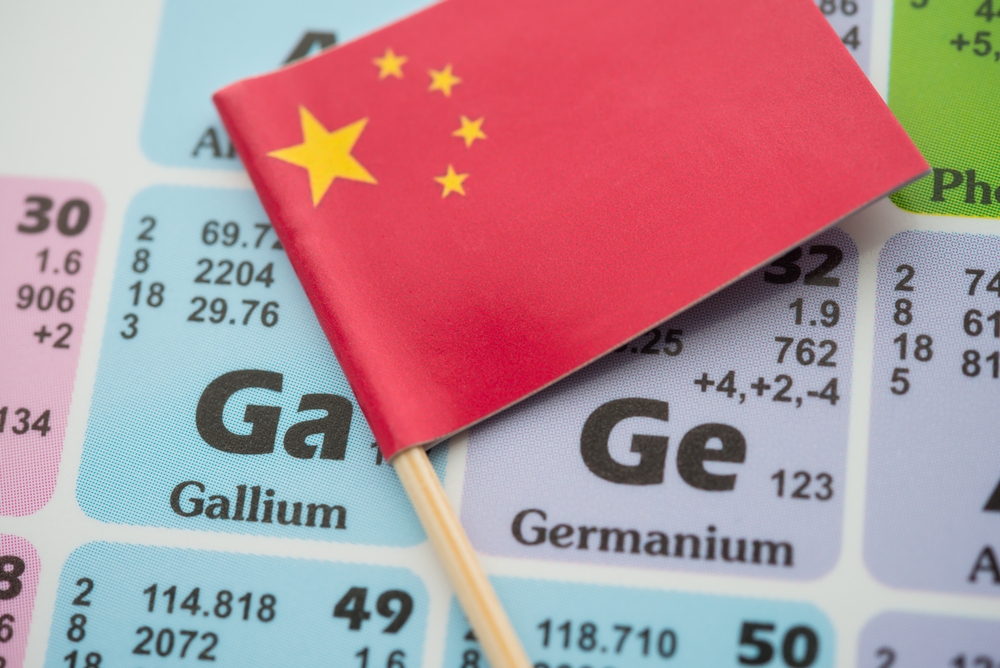China Dominates Critical Minerals Supply Chain
China’s control over critical minerals like rare earths has become a significant leverage point in U.S.-China trade negotiations. The country has spent decades establishing itself as the world’s primary industrial hub for mining and processing materials essential for industries such as electronics, advanced manufacturing, defense, and healthcare.
Trade Impact and Tariff Controls
In recent years, China has imposed export controls on key minerals, requiring licenses for shipments abroad. These controls have led to supply chain disruptions, particularly in the U.S. President Donald Trump has indicated that China will ease restrictions on rare earth minerals and magnets, signaling a potential resolution to the trade tensions. However, full details of the agreement have yet to be confirmed by both Beijing and Washington.
Rare Earths and Strategic Resources
China has a near-total monopoly on certain minerals, producing around 80% of the world’s tungsten, gallium, and antimony, along with 60% of the world’s germanium. These minerals are critical for advanced technologies, including semiconductors. The country also holds dominance over heavy rare earths, vital for manufacturing magnets used in electric vehicles and defense applications. The geopolitical importance of these resources became clear in 2010 when China suspended rare earth exports to Japan during a territorial dispute, prompting countries to seek alternatives.
Challenges with Depleting Resources
Despite its dominance, China’s reserves of these critical minerals are diminishing. As production becomes more difficult and costly, the country has begun to source raw materials from other regions, such as Africa and Cambodia. Investments are also being made in international mining ventures, such as a $25 million investment in a tungsten plant in Thailand. This shift highlights the challenges facing China as it strives to maintain its dominance in the global supply chain.
U.S. Efforts to Compete
The U.S. has long been dependent on China for rare earths, importing over 70% of the materials between 2020 and 2023. However, the Trump administration has prioritized reducing this dependency, viewing access to critical minerals as a national security issue. The U.S. has begun investing in domestic mining operations, including the Mountain Pass mine in California, but experts say it will take years to catch up to China’s advanced mining and processing capabilities.
Economic and Political Ramifications
The ongoing U.S.-China trade dispute over critical minerals underscores the broader economic and geopolitical tensions between the two powers. As both nations seek to secure their supply chains, the competition for access to these materials will likely intensify. For the U.S., developing its own critical mineral resources is crucial to reducing reliance on China, but the process will take time and substantial investment.


